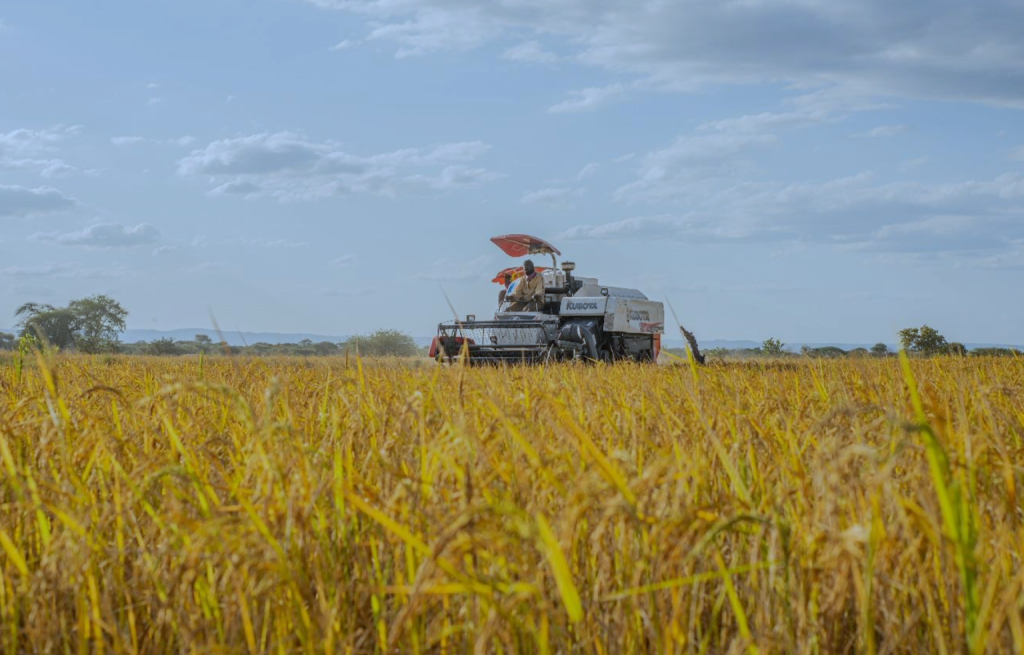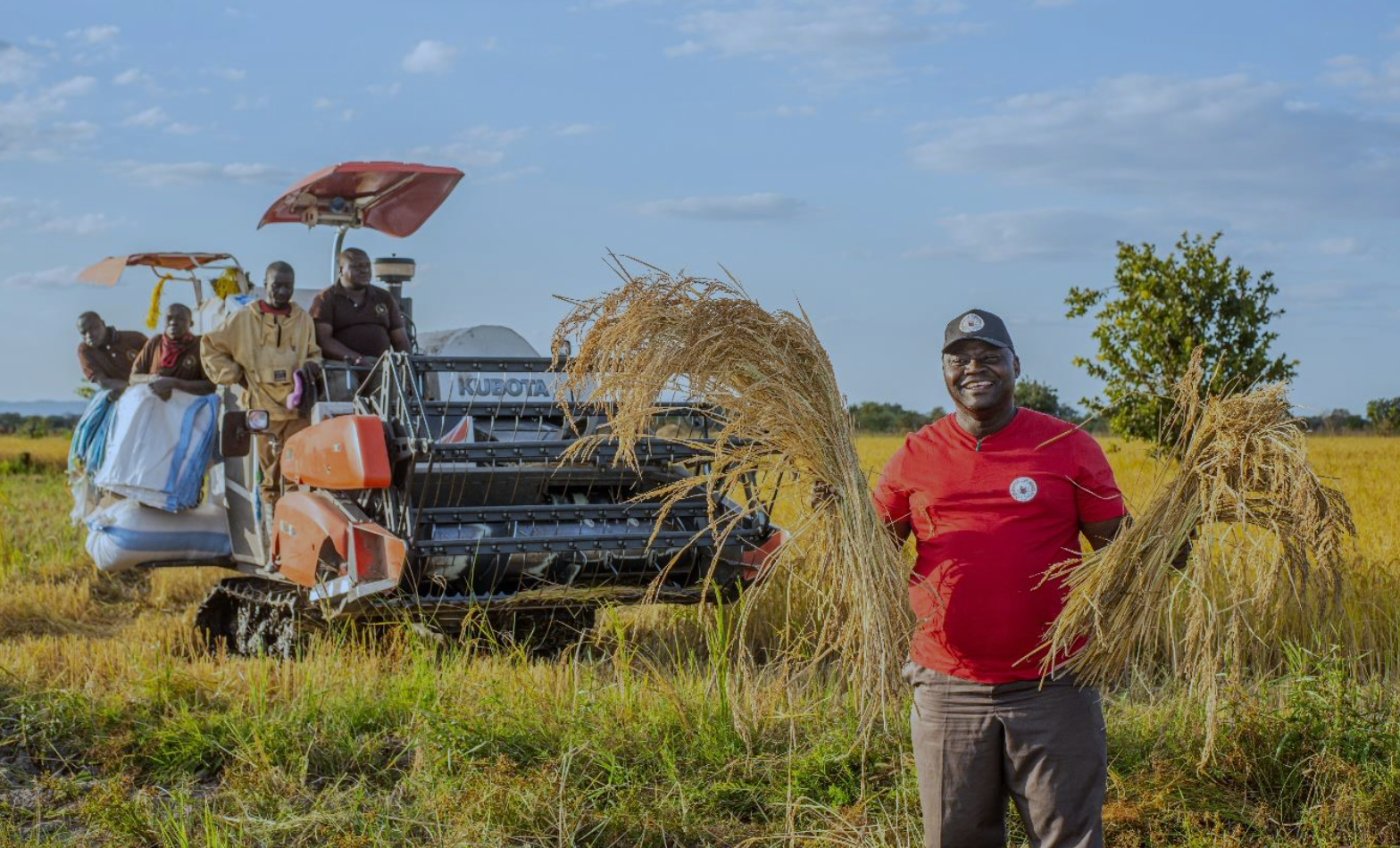Dar es Salaam
To strengthen food security and enhance the livelihoods of small-scale farmers, Norges Vel Tanzania has introduced “The Growing Resilience Program,” a five-year initiative to transform rice production in the Mbarali District in Mbeya Region, Malinyi District in Morogoro Region, and Kilombero District, also in Morogoro Region Mbarali. The project focuses on increasing rice yields, boosting farmer incomes, and building climate resilience among rural communities. By supporting farmers with modern agricultural practices and resources, the program aims to enhance productivity and prepare farmers to adapt to the changing climate, ensuring long-term food security.
Why the Program?
Tanzania’s rice farmers face numerous challenges, including climate change, limited market access, and outdated farming techniques. Small-scale farmers, especially women and youth, are often excluded from the value chain and struggle to produce enough rice to meet local and national demand.
The Growing Resilience Program addresses these issues by introducing climate-resilient farming practices, providing access to better seeds and tools, and organizing farmers into cooperatives to increase their bargaining power and market access. This program is funded by the Norwegian Agency for Development Cooperation (NORAD), and Norges Vel Tanzania implements it in partnership with The Rice Council of Tanzania and Nafaka Kilimo. Nafaka Kilimo brings over 20 years of experience in the sector, helping rice farmers adopt sustainable practices and access markets. At the same time, The Rice Council of Tanzania works closely with rice farmers to improve seed quality, market access, and policy advocacy.
Key Goals of the Program
Increase Rice Production: The program will help 11,240 farmers adopt climate-resilient techniques, improving yields and the quality of rice produced.
Boost Farmer Incomes: The program aims to raise farmer incomes by 30% by connecting farmers with formal value chains, ensuring long-term economic stability.
Empower Women and Youth: Special focus is placed on training women and youth, giving them the tools and resources they need to thrive in the rice sector.
Strengthen Cooperatives: Farmers will be organized into cooperatives, which will provide access to financial services, inputs, and better market opportunities.
Why It Matters
With increasing food insecurity and the growing impact of climate change, Tanzania’s rice farmers need sustainable solutions. The Growing Resilience Program is designed to provide those solutions, helping farmers adapt to changing environments while improving their
livelihoods. Through this program, Tanzania can strengthen its rice sector, ensuring a stable food supply and a better future for small-scale farmers.
Rice is a crucial crop in Tanzania’s economy, playing a dual role in domestic consumption and income generation. It is the second most important staple after maize, contributing significantly to food security, particularly in urban areas. Beyond its domestic importance, rice is also an emerging export crop for Tanzania, with increasing demand in neighbouring countries such as Kenya and Rwanda.The country’s rice export potential is supported by its National Rice Development Strategy (NRDS), which seeks to transition from subsistence farming to a commercially viable rice production system. As rice consumption grows domestically and regionally, Tanzania’s production is expanded through improved farming practices, including high-yielding rice varieties and better irrigation systems. Rice exports generate foreign exchange, and help integrate Tanzania into the regional rice trade market, contributing to national economic growth.

